Can I Sell My Business if I Have an SBA Loan?
If you are a cash-strapped business owner or want/need to sell your small business for other reasons, you might wonder if your existing SBA loan might impact the sale. The quick answer to the question, "Can I sell my business if I have an SBA loan?" is YES. However, there are certain considerations that you need to make to avoid violating the terms and conditions of your loan. Here is what you need to know about SBA loans and how to sell your business if you received the loan but have not paid it off.
Understanding SBA Loans
The Small Business Administration (SBA) is a government entity that helps small businesses acquire financing from banks. While the SBA itself does not give loans, it underwrites a portion of each loan made through banks to make financing more accessible to small business owners. These loans usually attract low interest rates and favorable repayment terms.
To qualify for SBA financing, you must meet SBA's stringent lending criteria including a strong credit score and ability (financial liquidity) to service the loan. Terms and conditions vary by lender, but you might be required to provide collateral and a minimum cash down payment.
Selling a Business with an SBA Loan
When trying to sell a business with an SBA loan, the first step is to contact your lender to inform them of your plans to sell. Once you receive authorization to sell, you will typically have three options.
The first option is to pay off the loan before selling. This might especially apply if you have already made significant progress towards loan repayment and are in a position to do so.
The second option is to sell the business and then use the proceeds to settle the SBA loan. If the proceeds from the sale are enough to pay off the loan, you will be able to transfer the business to the new owner without any SBA loan obligation. If you are short-selling, the proceeds will go towards paying down the loan, while the remaining balance can be offset using personal resources or by negotiating a settlement.
The third option answers the question, are SBA loans assumable? They are. With approval from SBA, you can transfer the loan to the new business owner. Still, they must meet SBA's lending criteria and have the financial means to continue servicing the loan, among other conditions.
Sale Process Considerations
Selling a business with an existing SBA loan requires careful consideration. Besides notifying the lender, other key aspects to consider include:
The payoff amount: Contact your lender to request a payoff statement. Knowing the outstanding balance and all other fees provides the basis for setting a selling price.
Loan terms: Review your loan agreement to understand the full implications of a decision to sell, including possible restrictions or penalties.
The financial health of your business: Besides making your business more attractive to potential buyers, a strong financial position is important when transferring the SBA loan to the new owner.
Other considerations include negotiating a discounted payoff with the lender, entering a consulting agreement with the buyer, and seller financing. Consider seeking professional advisory services to understand your specific circumstances.
Contact Purpose Equity to Learn More About Selling Your Business with an SBA Loan
Selling your business is a major decision. Although the process can get more complicated if you have an existing SBA loan, understanding the legal and financial implications of the sale can make the process smoother.
At Purpose Equity, we remain committed to providing expert guidance to help business owners make a successful sale. If you plan to sell your business now or in the future, we invite you to schedule a consultation with our advisory team to discover how we assist you during this critical time. You can also contact us to get answers to questions such as "Can I sell my business if I have an SBA loan," "Are CBA loans assumable," and more.
Image Source: fizkes/Shutterstock

